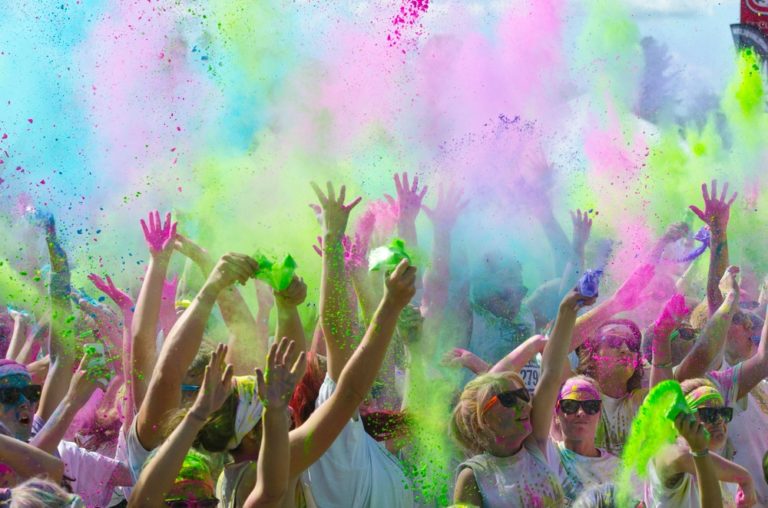Series IX of the Abbott World Marathon Majors (AWMM) comes to a close on Sunday, February 26, 2016 in Tokyo, but controversy is already brewing for Series X. Two runners—Utah residents Charles Konopa and Matthew Clark— are suing New York City Marathon organizers, the nonprofit New York Road Runners, Inc., for illegally using a lottery system to decide who gets to run. In the class-action lawsuit filed in January, they claim that only the state of New York can run chance-based lotteries. Lotteries are a common component of many races, so this got us wondering: are race lotteries illegal? According to the U.S. Attorney’s Office in Tampa, Florida, yes. At least that’s the message they sent last year to the World Triathlon Corporation (WTC), the Florida-based owner of the IRONMAN race over allegations that their IRONMAN Kona Lottery violated a Florida state ban on lotteries and a federal anti-gambling law. In order to stay focused on its athletes and events, WTC agreed to no wrongdoing, but forfeited $2.7 million from lotteries over the last three years. Court documents stated that the line was crossed because the Florida constitution prohibits lotteries (which is essentially the same argument being made in the New York Marathon lawsuit), so having a race lottery not run by the state, broke a federal law. And that’s where it gets tricky because lottery and gambling laws vary by state and are of course extremely complex. Only Alabama, Alaska, Hawaii, Mississippi, Nevada, and Utah have no state-run lottery system. How this ruling and the pending lawsuit in New York (where the defendants are seeking $10.56 million in damages) impacts future races remains to seen, but you can be sure, runners and the government will be watching closely.
Photo via: Runster Inc.
Ready to organize a race or other running event? Start planning your event on Events.com.






